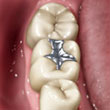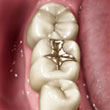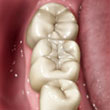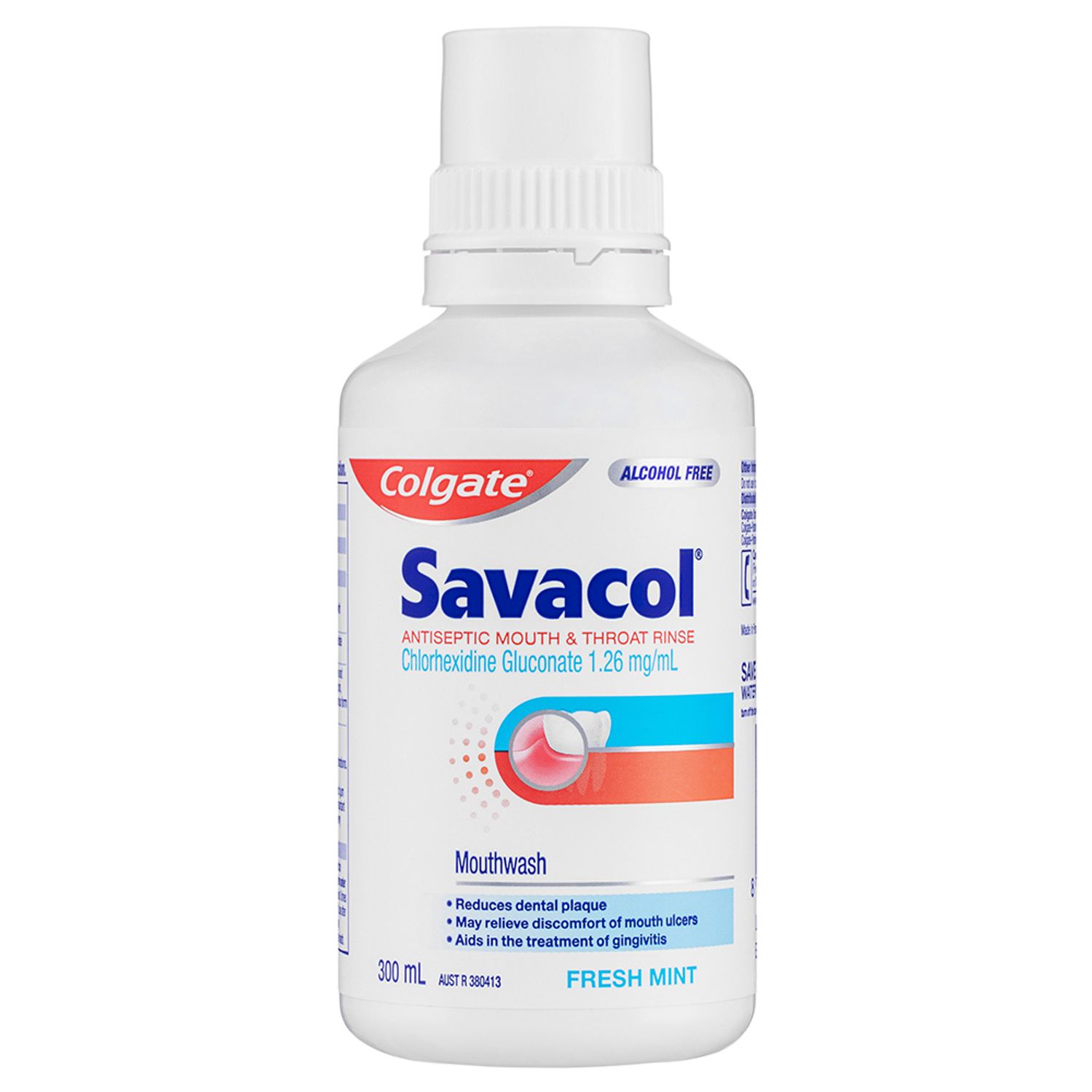By closing off spaces where bacteria can enter the cavity, a filling also helps prevent further decay but unless the root cause of the decay is addressed new decay can start around the filling or in other areas of the mouth. Materials used for fillings include gold; porcelain; composite resin, that are tooth-coloured fillings; and amalgam, an alloy of mercury, silver, copper, tin and occasionally zinc.
Which type of filling is best?
No one type of filling is best for everyone. What is right for you will be determined by the extent of the repair, whether you have allergies to certain materials, where in your mouth the filling is needed, and the cost. Considerations for different materials include:
- Gold fillings are made to order in a laboratory and then cemented into place. Gold restorations are well tolerated by gum tissues and may last more than 20 years. For these reasons, many authorities consider gold the best filling material. However, it is often the most expensive choice and requires multiple visits.
- Amalgam (silver) fillings are resistant to wear and relatively inexpensive. However, due to their dark colour, they are more noticeable than porcelain or composite restorations and are not usually used in very visible areas, such as front teeth.
- Composite (plastic) resins are matched to be the same colour as your teeth and therefore used where a natural appearance is desired. The ingredients are mixed and placed directly into the cavity, where they harden. Composites may not be the ideal material for large fillings as they may chip or wear over time. They can also become stained from coffee, tea or tobacco, and may not last as long as other types of fillings. Their lifespan generally ranges from three to 10 years.
- Porcelain fillings are called inlays or onlays and are produced to order in a lab or can be fabricated in the dental surgery if the necessary equipment is available, and then bonded to the tooth. They can be matched to the colour of the tooth and resist staining. A porcelain restoration generally covers most of the tooth. Their cost is similar to gold.
If decay or a fracture has damaged a large portion of the tooth, a crown may be recommended. Decay that has reached the pulp (where the nerve fibres are found in the middle of the tooth) may be treated in two ways: either through root canal therapy, in which damaged pulp tissue is removed, or through a procedure called pulp capping where possible if the damage is not too great, which attempts to keep the pulp alive.
What happens when you get a filling?
If your dental professional decides to fill a cavity, he or she will first remove the decay and clean the affected area. The cleaned cavity will then be filled with any of the variety of materials described above.
How do I know if I need a filling?
Only your dental professional can detect whether you have a cavity that needs to be filled. During a check-up, your dental professional will use a small mirror and a strong light to examine the surfaces of each tooth.
Anything that looks abnormal will then be closely checked with special instruments. Your dental professional may also X-ray your entire mouth or a section of it. The type of treatment your dental professional suggests will depend on the extent of damage caused by decay.
 |  |  |
Silver amalgam | Gold filling | White filling |
This article is intended to promote understanding of and knowledge about general oral health topics. It is not intended to be a substitute for professional advice, diagnosis or treatment. Always seek the advice of your dentist or other qualified healthcare provider with any questions you may have regarding a medical condition or treatment.














